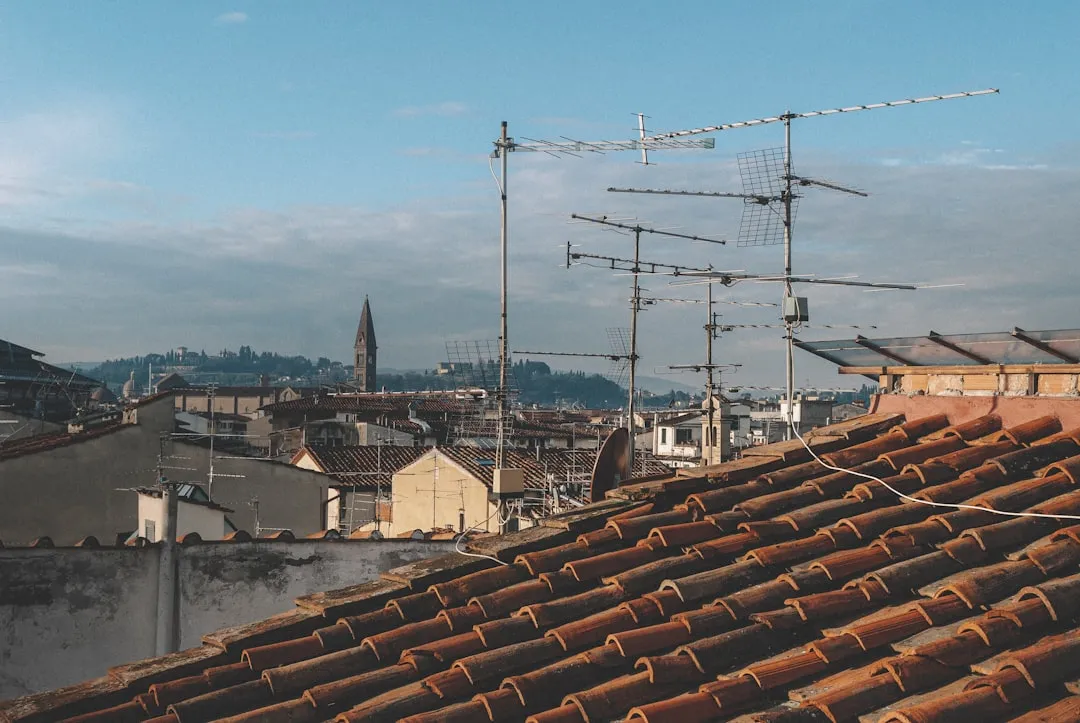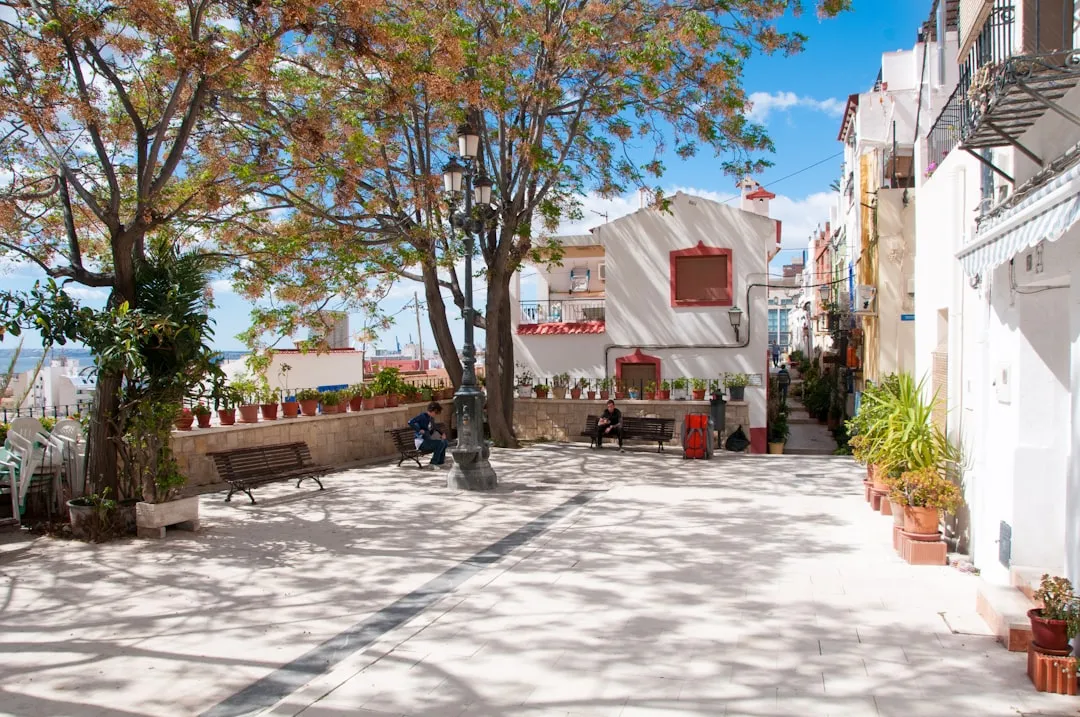How to Buy a House in Italy: A Step-By-Step Guide for Expats
A step-by-step guide for expats on buying a house in Italy, covering research, Codice Fiscale, budget, lawyer, offer, due diligence, final contract, fees, taxes, and registration.

Image by Egor Myznik

Fabrizio
Movyzen Co-Founder
Table of Contents
Italy’s breathtaking landscapes, rich cultural heritage, and renowned cuisine make it a dream destination for many seeking to purchase a home. Whether you're envisioning a charming villa in Tuscany, a historic apartment in Rome, or a rustic farmhouse in Puglia, buying property in Italy is a rewarding investment.
This guide outlines the step-by-step process and essential documentation needed to buy a house in Italy.
1. Research the Market and Choose Your Ideal Location
Italy offers a diverse range of locations and property types. Start by exploring various regions, considering factors such as lifestyle, climate, transportation, and local amenities. From the serene vineyards of Piedmont to the coastal allure of Puglia, every region offers unique charms.
Tip: Familiarize yourself with property prices in your desired area to ensure you’re getting a fair deal and to better understand market trends.
2. Obtain a Codice Fiscale (Tax Code)
A Codice Fiscale is required for any financial transactions in Italy, including property purchases. This tax identification number can be obtained from the local Agenzia delle Entrate (Revenue Agency).
Documentation Required: A valid passport and proof of address. If you’re not in Italy, you can appoint a local representative to obtain the Codice Fiscale on your behalf.
3. Set a Budget and Arrange Financing
Define your budget and explore financing options. Non-residents can obtain mortgages from Italian banks, although terms may vary. Alternatively, you might secure financing in your home country. Consulting with a financial advisor will help you determine the best path forward.
Tip: Italian banks typically finance up to 60-70% of the property value for non-residents. Account for additional costs such as notary fees, taxes, and legal assistance in your budget.
4. Hire a Real Estate Lawyer
Hiring a lawyer specializing in Italian real estate transactions is highly recommended. They will verify that the property is free of debts and legal encumbrances and guide you through the entire process, ensuring your rights are protected.
Why It’s Important: Property laws in Italy can be complex, and local expertise can help you avoid potential pitfalls.
5. Make an Offer and Sign the Preliminary Contract (Compromesso)
Once you’ve found a property, you’ll make an offer. If accepted, both parties sign a Compromesso, a preliminary contract outlining the terms of the sale. At this stage, a deposit—typically 10-20% of the purchase price—is paid. If the buyer withdraws, the deposit is usually forfeited.
Key Terms in the Contract: Purchase price, payment terms, timeline, and any conditions that must be fulfilled before finalizing the sale.
6. Conduct Property Due Diligence and Title Check
Your lawyer will carry out due diligence to ensure the property is legally registered and free of debts or other liabilities. They will review documents such as the land registry certificate (Visura Catastale) and confirm ownership details.
Documents to Review:
- Land registry certificate
- Building permits and compliance certificates
- Tax clearance records
7. Sign the Final Purchase Contract (Atto di Compravendita)
The Atto di Compravendita, or final purchase contract, is signed in the presence of a notary. The notary ensures all legal requirements are met, verifies the parties’ identities, and registers the sale with the land registry.
Tip: Bring a translator if you’re not fluent in Italian, as the contract will be legally binding and written in Italian.
8. Pay Associated Fees and Taxes
In addition to the property price, you’ll need to pay several fees and taxes, including:
- Registration Tax: 2% for first homes (prima casa) or 9% for second homes.
- Notary Fees: Generally between 1-2% of the purchase price.
- Legal Fees: Typically 1-2% of the property’s value.
- Real Estate Agent Fees: Often 3-4% of the sale price, split between buyer and seller.
Tip: Budget 10-15% of the purchase price for these additional costs.
9. Register the Property in Your Name
After signing the final contract and paying all fees, your notary will register the property in your name with the local land registry (Conservatoria dei Registri Immobiliari). This step secures your ownership rights.
Timeframe: Registration typically takes a few weeks to complete.
10. Set Up Utilities and Finalize Paperwork
Once the purchase is finalized, set up utilities such as electricity, water, and gas. You’ll also need to arrange payments for property taxes and insurance. Most utility companies require your Codice Fiscale and Italian bank details.
Tip: Consider hiring a local agent to assist with utility contracts if you’re unfamiliar with Italian bureaucracy.
Documentation Checklist for Buying Property in Italy
- Passport and Codice Fiscale: Proof of identity and tax registration.
- Proof of Income and Financing: Bank statements, mortgage approval, or proof of funds.
- Preliminary Contract (Compromesso): Outlining the terms of sale and deposit.
- Final Purchase Agreement (Atto di Compravendita): Signed before a notary.
- Property Registration Documents: Land registry and ownership details.
- Utility Contracts: For essential services like water, electricity, and internet.
Conclusion
Buying property in Italy is an exciting step toward embracing the country’s rich culture and idyllic lifestyle. While the process involves several steps and specific documentation, thorough preparation and professional assistance will make the journey smoother. By understanding Italy’s real estate market and adhering to local laws, you’ll soon enjoy the rewards of owning a home in one of Europe’s most enchanting destinations.
Stop planning, just do it.
Start now your relocation with Movyzen and let us take care of the bureaucracy.


